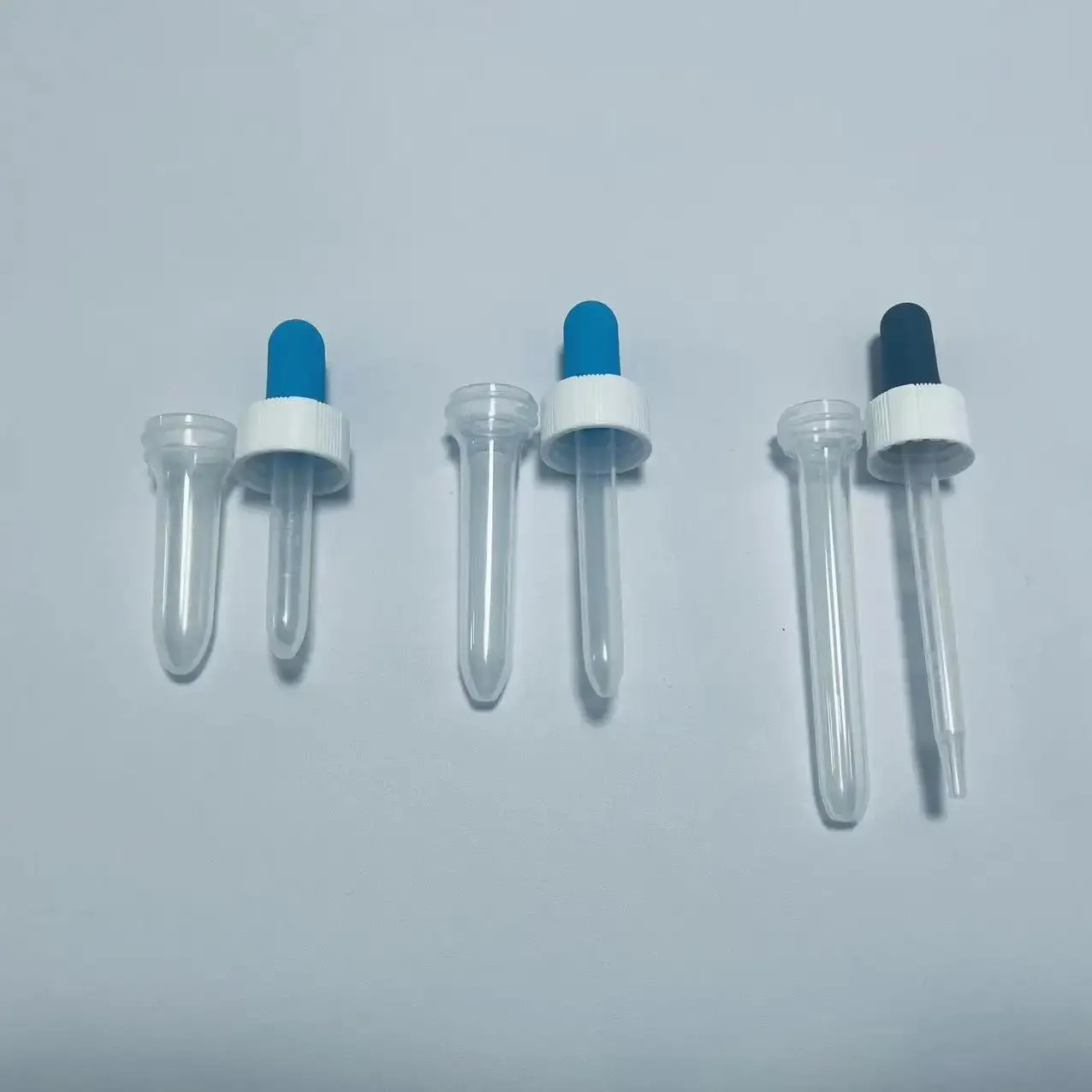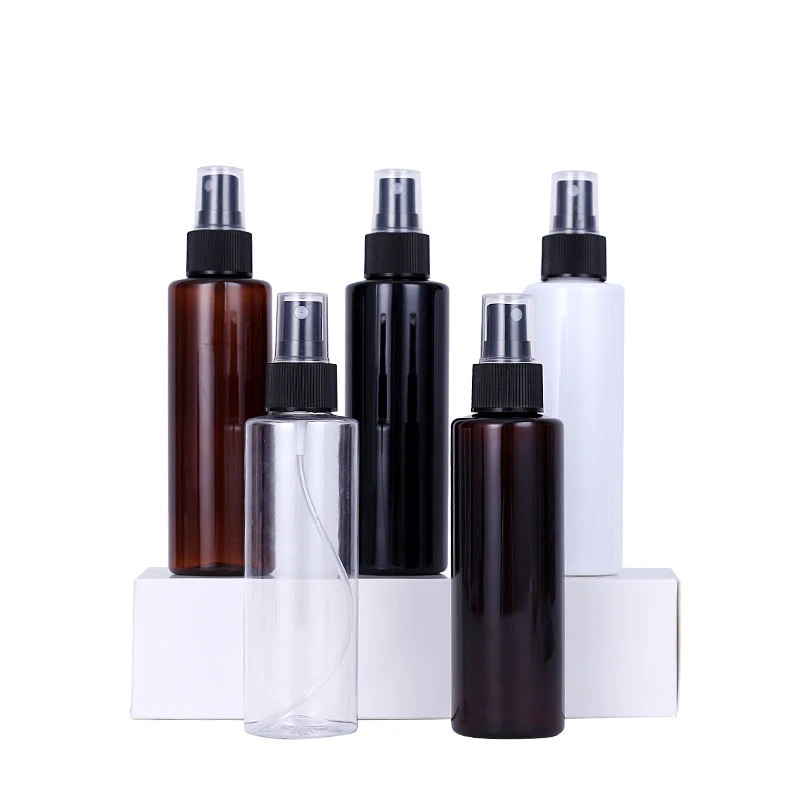
-
 Afrikaans
Afrikaans -
 Albanian
Albanian -
 Amharic
Amharic -
 Arabic
Arabic -
 Armenian
Armenian -
 Azerbaijani
Azerbaijani -
 Basque
Basque -
 Belarusian
Belarusian -
 Bengali
Bengali -
 Bosnian
Bosnian -
 Bulgarian
Bulgarian -
 Catalan
Catalan -
 Cebuano
Cebuano -
 Corsican
Corsican -
 Croatian
Croatian -
 Czech
Czech -
 Danish
Danish -
 Dutch
Dutch -
 English
English -
 Esperanto
Esperanto -
 Estonian
Estonian -
 Finnish
Finnish -
 French
French -
 Frisian
Frisian -
 Galician
Galician -
 Georgian
Georgian -
 German
German -
 Greek
Greek -
 Gujarati
Gujarati -
 Haitian Creole
Haitian Creole -
 hausa
hausa -
 hawaiian
hawaiian -
 Hebrew
Hebrew -
 Hindi
Hindi -
 Miao
Miao -
 Hungarian
Hungarian -
 Icelandic
Icelandic -
 igbo
igbo -
 Indonesian
Indonesian -
 irish
irish -
 Italian
Italian -
 Japanese
Japanese -
 Javanese
Javanese -
 Kannada
Kannada -
 kazakh
kazakh -
 Khmer
Khmer -
 Rwandese
Rwandese -
 Korean
Korean -
 Kurdish
Kurdish -
 Kyrgyz
Kyrgyz -
 Lao
Lao -
 Latin
Latin -
 Latvian
Latvian -
 Lithuanian
Lithuanian -
 Luxembourgish
Luxembourgish -
 Macedonian
Macedonian -
 Malgashi
Malgashi -
 Malay
Malay -
 Malayalam
Malayalam -
 Maltese
Maltese -
 Maori
Maori -
 Marathi
Marathi -
 Mongolian
Mongolian -
 Myanmar
Myanmar -
 Nepali
Nepali -
 Norwegian
Norwegian -
 Norwegian
Norwegian -
 Occitan
Occitan -
 Pashto
Pashto -
 Persian
Persian -
 Polish
Polish -
 Portuguese
Portuguese -
 Punjabi
Punjabi -
 Romanian
Romanian -
 Russian
Russian -
 Samoan
Samoan -
 Scottish Gaelic
Scottish Gaelic -
 Serbian
Serbian -
 Sesotho
Sesotho -
 Shona
Shona -
 Sindhi
Sindhi -
 Sinhala
Sinhala -
 Slovak
Slovak -
 Slovenian
Slovenian -
 Somali
Somali -
 Spanish
Spanish -
 Sundanese
Sundanese -
 Swahili
Swahili -
 Swedish
Swedish -
 Tagalog
Tagalog -
 Tajik
Tajik -
 Tamil
Tamil -
 Tatar
Tatar -
 Telugu
Telugu -
 Thai
Thai -
 Turkish
Turkish -
 Turkmen
Turkmen -
 Ukrainian
Ukrainian -
 Urdu
Urdu -
 Uighur
Uighur -
 Uzbek
Uzbek -
 Vietnamese
Vietnamese -
 Welsh
Welsh -
 Bantu
Bantu -
 Yiddish
Yiddish -
 Yoruba
Yoruba -
 Zulu
Zulu
200ml Medicine Bottles Leak-Proof, Durable & Bulk Pricing
- Market demand analysis for 200ml pharmaceutical containers
- Technical specifications comparison across materials
- Performance evaluation of dropper versus spray mechanisms
- Manufacturer comparison table with pricing data
- Customization options for specialized applications
- Implementation case studies across industries
- Future innovations in medical packaging

(200ml medicine bottle)
Critical Role of 200ml Medicine Bottles in Modern Healthcare
Standardized 200ml medicine bottle
s represent 34% of the global pharmaceutical packaging market according to PMMI's 2023 report. These universal containers serve as primary protective solutions for liquid medications, essential oils, and therapeutic compounds. With rising chronic disease treatments requiring intermediate-volume solutions, the 200ml capacity fills the crucial gap between single-dose vials and bulk containers. Product integrity remains paramount, with UV-resistant amber glass variants preventing 99.3% light-induced degradation for photosensitive formulations.
Engineering Excellence in Container Design
Material selection directly impacts chemical stability - Schott Type I borosilicate glass maintains pH neutrality for alkaline solutions, while PET plastic variants withstand impact forces up to 35J without fracture. Modern 200ml dropper bottles feature precision-calibrated inserts dispensing 0.05ml ± 0.005ml per drop, significantly reducing medication errors. Comparative leakage testing reveals HDPE spray bottles sustain 35% higher internal pressure than standard LDPE alternatives, crucial for pressurized formulations. Barrier technologies like SiOx coating on plastics reduce oxygen transmission rates to 0.07 cc/package/day, extending shelf life by 28%.
Functional Mechanisms Comparison
Dropper bottle systems excel in low-viscosity applications, delivering measured dosages for pediatric and ophthalmic solutions. The European Pharmacopoeia requires orifice tolerances within ±5μm for consistency. Conversely, spray bottles generate 25-50μm particle mists ideal for topical applications and nasal delivery, with actuator force requirements standardized at 15-45N. Spray pattern uniformity testing shows PET bottles maintain consistent distribution over 200+ actuations. Bulk purchases of 200ml spray bottles demonstrate significant economy, with palletized units (>500) reducing per-unit costs by 23-41% depending on material specification.
| Supplier | Material Options | Production Lead | 200ml Price Range | Custom Tooling | Industry Certifications |
|---|---|---|---|---|---|
| Gerresheimer | Borosilicate/PET | 10 weeks | $0.82 - $1.25 | 22K setup | FDA 21 CFR, EU Annex 1 |
| APG Pharma | Amber Glass/HDPE | 6 weeks | $0.67 - $1.08 | 14K minimum | ISO 15378, cGMP |
| Berry Global | PET/Polypropylene | 4 weeks | $0.48 - $0.89 | 8K entry | ISO 9001, USP 661 |
Customization Capabilities
Leading manufacturers offer specialized adaptations including:
- Tamper-evident neck bands requiring 22N±3N removal force
- Child-resistant closures compliant with 16 CFR §1700 standards
- Siliconized dropper bulbs for hydrocarbon-based solutions
- Conductive coatings dissipating 5000V static charges
- Neck finishes accommodating 24-410 and 33-430 thread variants
Bespoke tooling accommodates production runs from 5,000 to 500,000 units, with decoration options including screen printing (1200 DPI resolution) and IML labeling capable of withstanding 40°C sterilization cycles. Barrier-coated versions achieve moisture vapor transmission rates below 0.3 g/m2/day.
Field Implementation Case Studies
Herbal Supplement Producer: Transition from glass to light-weight PET 200ml bottles reduced shipping damage by 73% and decreased carbon footprint by 18 tonnes annually. Compatible induction seals withstood 100°C thermal processing cycles without deformation.
Hospital Compounding Pharmacy: Adoption of amber glass 200ml bottles with calibration-marked droppers reduced preparation errors by 29% in ophthalmologic solutions. Validation studies confirmed 98.7% dosage accuracy across nursing staff.
Agricultural Chemicals: HDPE spray bottles incorporating chemical-resistant Viton seals maintained structural integrity with glyphosate-based herbicides. Ergonomic triggers enabled continuous operation during 8-hour application cycles.
Sustainable Innovations in 200ml Medicine Packaging
The pharmaceutical packaging sector faces increasing pressure to reduce environmental impact while maintaining product protection. Current R&D focuses on lightweighting initiatives that maintain barrier properties, with experimental PET nanocomposites showing potential for 14% material reduction without compromising strength.
Future-Proofing 200ml Bottle Technology
Anticipated regulatory shifts toward serialization will drive integration of unique device identifiers directly into 200ml medicine bottle molds. Pilot programs demonstrate NFC-embedded sleeves capable of storing 124kb formulation data, improving traceability and counterfeiting prevention. With electronic medication adherence monitoring gaining adoption, smart cap technologies recording bottle openings will become standard for high-value biologics packaged in 200ml configurations. Material science innovations include antimicrobial polymer additives eliminating 99.6% of surface pathogens between uses, addressing growing concerns about secondary contamination.

(200ml medicine bottle)
FAQS on 200ml medicine bottle
Q: What materials are used in a 200ml medicine bottle?
A: Most 200ml medicine bottles are made from HDPE or PET plastic, ensuring durability and chemical resistance. They are designed to safely store liquids and comply with medical-grade standards.
Q: Does a 200ml dropper bottle come with a dropper included?
A: Yes, standard 200ml dropper bottles typically include a compatible dropper or pipette. The dropper is often graduated for accurate dosage measurement.
Q: What is the average price range for a 200ml spray bottle?
A: A 200ml spray bottle usually costs between $1.50 to $4.00 USD, depending on material quality and features like adjustable nozzles or UV protection.
Q: Can 200ml medicine bottles be customized for branding?
A: Yes, many suppliers offer customization options like screen printing, labels, or embossed logos. Minimum order quantities (MOQs) often apply for custom designs.
Q: Where can I purchase a 200ml dropper bottle in bulk?
A: Bulk orders of 200ml dropper bottles are available through medical supply distributors, packaging wholesalers, or e-commerce platforms like Amazon Business or Alibaba.
-
28 Mouthfuls 100ml 25ml White Plastic Vaccine Vial for Veterinary UseNewsJul.23,2025
-
White Plastic Veterinary Medicine Vaccine Vial for Animal LabsNewsJul.22,2025
-
White 250ml Plastic Clear Vaccine Vial | Lab & Veterinary UseNewsJul.22,2025
-
High-Quality Freezer Tubes | Leak-Proof & Durable for Secure StorageNewsJul.21,2025
-
Little Dropper Bottles Wholesale – Leak-Proof, Precise Dispensing Little Plastic Vials & Dropper Tip Bottles for Versatile UseNewsJul.08,2025
-
What is a Culture Plate? Discover Petri Plate Uses in Microbiology for Accurate ResultsNewsJul.08,2025






















